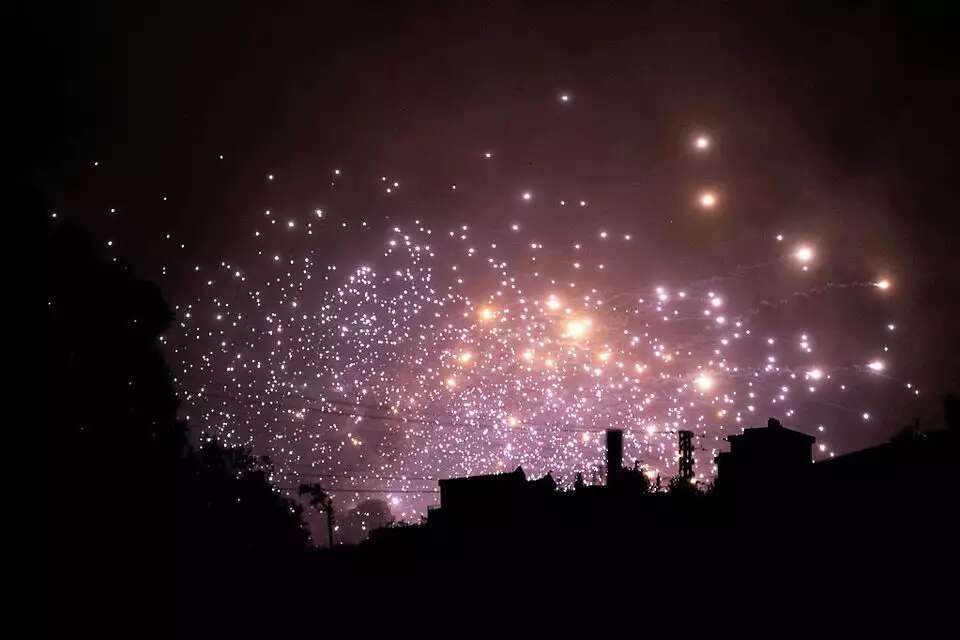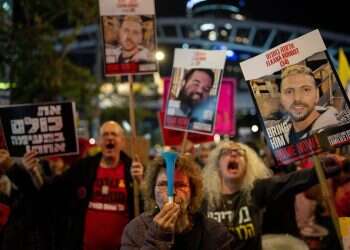Israel's recent efforts to destabilize Hezbollah in order to alter the situation in the north have inflicted significant damage on the organization, but they have not yet resulted in the desired strategic shift. Despite the blows it has suffered, Hezbollah seems committed to its current policy, leaving Israel with the dilemma of whether and how much to escalate its actions, all while facing the constant risk of spiraling into a comprehensive conflict that both sides are still trying to avoid.

The killing of Ibrahim Aqil the day before yesterday, following the beeper and walkie-talkie explosions attributed to Israel, demonstrates impressive intelligence and operational capabilities, as well as a willingness to take significant risks by striking in Beirut. The last time Israel attacked in the Lebanese capital was in July when Fuad Shukur (Muhsen), a senior military figure in the organization, was killed in response to the murder of 12 children in Majdal Shams. Unlike the current situation, that attack was not part of a policy shift.
It is evident that Israel is intentionally raising the stakes against Hezbollah, aiming to corner the organization into an agreement that would distance its fighters from the border and allow northern residents to return to their homes. This is a militant approach that significantly differs from the cautious and measured strategy Israel has employed so far, and it carries both advantages and disadvantages.
Hezbollah's tolerable tactical losses
The primary advantages are that it returns the initiative to Israel, eliminates the north's policy of defined areas and operational methods, and deprives Hezbollah of significant assets. The disadvantages include the loss of cards Israel might have used in a war, and the possibility that the organization could be cornered and start a full-scale war, which would exact a heavy toll on Israel as well.
For now, Nasrallah seems to be avoiding this. The immediate instinct is to view his lack of response as a sign of weakness, but there is another interpretation. While Israel seeks immediate results to change the reality in the north, Hezbollah is content to maintain the status quo—absorbing the painful yet tolerable tactical losses, as long as it retains the strategic achievement of "conquering" the Galilee, which is intolerable from Israel's perspective.

Nasrallah even hinted at this in his speech on Friday, where he clarified that Hezbollah would continue to act in solidarity with Gaza, meaning Israel's attempt to separate the fronts will not succeed. The intense strikes the Galilee endured on Saturday were a clear attempt to show that Israel's recent actions have not diverted Hezbollah from its course. Nevertheless, Nasrallah has decided to slightly raise his stakes as well, as his organization prepares to extend rocket fire to the Haifa area and the bay, which led to changes in the defense guidelines for residents of the area last night.
Despite being clearly on the defensive in recent days due to the blows it has suffered, Hezbollah remains in a strong position, and Israel must now decide how to proceed. This decision comes amid an ongoing campaign in Gaza (and intense activity in the West Bank), while Israel faces heavy international pressure—mainly from the U.S. and France—to avoid escalation in the north.
Agreement or escalation
It seems the most effective threat Israel can currently use is a ground invasion of southern Lebanon, which would strip Hezbollah of its most cherished title: "Defender of Lebanon."
The IDF has signaled in recent days, through a series of official statements, that preparations for a ground campaign are complete. However, the dilemma is clear against the backdrop of the costs of war (which Hezbollah has prepared for years, fortifying the rural areas north of the border), the fear of the approaching winter, and, of course, the realistic possibility that a ground operation could unbalance Hezbollah and lead to a full-scale conflict that might draw in Iran and militias acting on its behalf in Syria, Iraq, and Yemen.

For several months, the Northern Command has been pushing for such an operation, but it has been blocked so far by the political echelon. It seems Israel still prefers stand-off operations that do not involve visible boots on the ground, meaning it will continue to try to deprive Hezbollah of significant assets in personnel and weapons.
These strikes should not be underestimated, as they carry significant weight in such a centralized organization as Hezbollah. Aqil held his current position for nearly 20 years, serving as a major knowledge hub and the conduit through which Hezbollah conducted its operational activities. His assassination undoubtedly complicates the organization's planning and execution processes, and also deprives Nasrallah of a close and trusted advisor. However, it is not a game-changing move.
Still, it is amusing to imagine the arrogant and self-assured Nasrallah looking around nervously, against the backdrop of the pager attack that burned even his close environment and the assassination of his organization's senior members. It is likely that he is now scrutinizing everything and everyone with concern and suspicion, both out of fear of what Israel's next move might be and out of self-interest, knowing that he too might eventually face a similar attack. The best psychologists in the IDF's Intelligence Corps and Mossad are likely analyzing the impact of these events on him, trying to determine whether they will push him towards an agreement or escalation.




